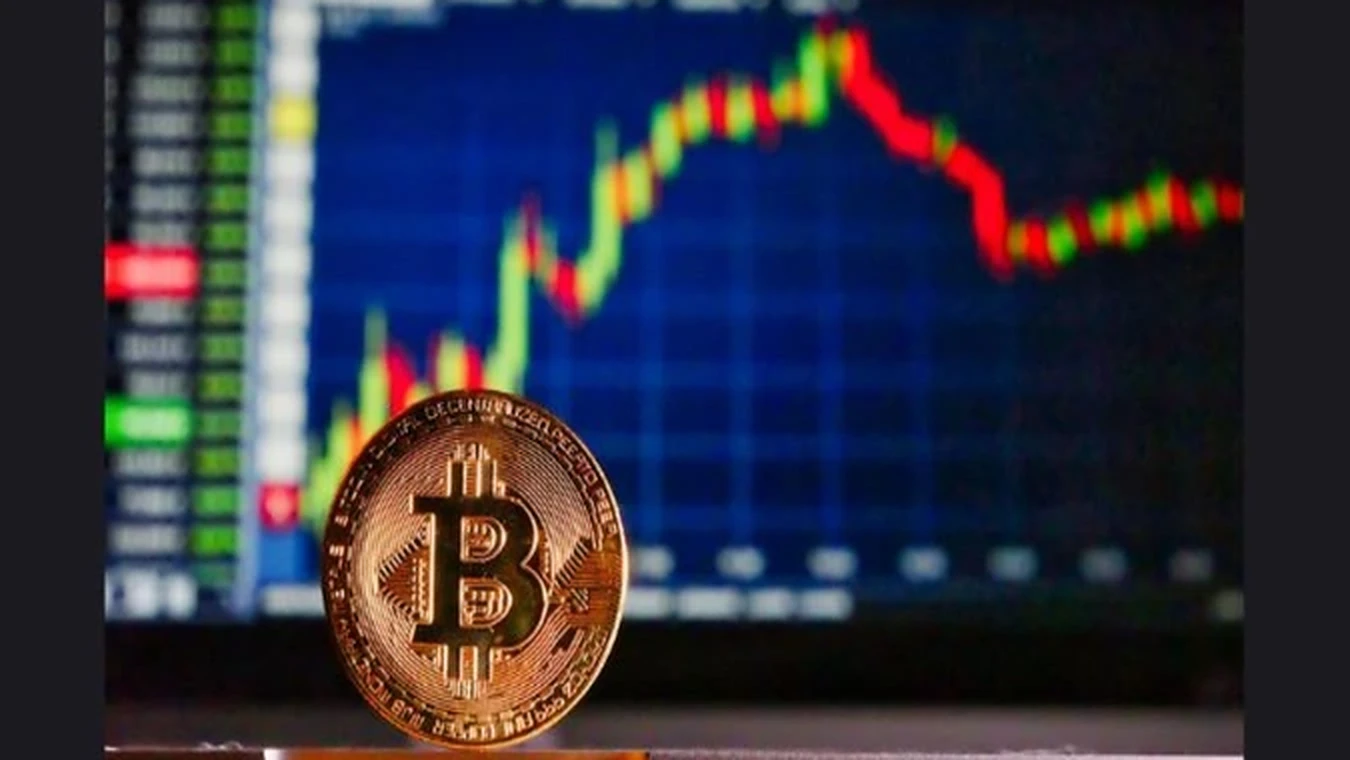Numerous conjectures arise whenever the price of Bitcoin undergoes a sudden and steep plummet.
The usual suspects encompass government regulations, potential price manipulation by exchanges, actions of Bitcoin whales, overleveraged traders, and even certain conspiracies involving Tether.
Between August 15 and 18, Bitcoin encountered a notable 12% decline in its price.
This occurrence adhered to a familiar sequence, eliciting a range of explanations from analysts and experts.
Nevertheless, the decentralized nature of cryptocurrencies and the opacity prevailing among exchanges create hurdles in confirming whether a particular entity influenced the price shift.
On August 11, Ceni, a co-founder of Ceni Capital, offered a prediction that manifested partially correct. Ceni foresaw a Bitcoin price below $29,000, envisioning that the United States Securities and Exchange Commission (SEC) might delay its verdict concerning the ARK Bitcoin exchange-traded fund (ETF).
It’s important to acknowledge that this prediction lacked specifics regarding timing and precise support levels. Consequently, the statistical basis for this theory becomes less reliable.
Despite this, Ceni has indicated BlackRock as a conceivable initiator of Bitcoin’s downturn, a proposition necessitating thorough inquiry.
The notion that BlackRock might gain from a reduced Bitcoin price prior to launching a spot Bitcoin ETF is not as straightforward as it may appear.
While the concept of a lower Bitcoin price heightening profitability upon ETF introduction might seem logical, various factors could misalign with BlackRock’s broader interests.
Primarily, BlackRock has established itself as a reputable financial institution grounded in upholding market stability and investor confidence.
An abrupt and substantial drop in Bitcoin’s worth could undermine the general credibility of the cryptocurrency market, a situation BlackRock would aim to evade.
Preserving the market’s legitimacy might outweigh immediate gains stemming from a low Bitcoin price.
Secondarily, obtaining regulatory endorsement is pivotal for launching any financial product, particularly in the cryptocurrency realm.
The SEC diligently evaluates potential manipulation risks and safeguards for investor security.
Engaging in actions that could be construed as price manipulation might imperil BlackRock’s prospects of obtaining necessary regulatory approvals for its ETF proposition.
Lastly, fostering investor assurance holds paramount significance when introducing any investment product, particularly a novel one such as a Bitcoin ETF.
A sharp descent in Bitcoin’s price could erode trust among investors, not solely in the asset class itself, but also in the ETF.
Hence, BlackRock’s vested interest probably lies in unveiling the ETF amid a phase of positive sentiment, wherein investors feel assured about potential future gains.
Another frequently pondered likelihood when elucidating a Bitcoin price drop is the potential for government intervention in the cryptocurrency sector. The motive behind regulation would be to curtail demand, bolstering the strength of the U.S. dollar.
READ MORE: Bybit Unveils NFT Collection as Part of Velocity Series
Typically, these theories propose measures to oversee stablecoins and non-U.S.-based exchanges.
Market analyst Joe Kerr discussed this on X (formerly Twitter).
However, this theory faces challenges and factors that render it less plausible.
Firstly, government wallets can be tracked to a degree, but it’s crucial to remember that governments typically possess only a fraction of all Bitcoin, thus their sway over the entire market remains limited.
Moreover, the notion of speculating against the price of BNB is not as facile as it sounds.
Traders aiming to bet against BNB would need to borrow it, a feat unfeasible on regulated platforms.
Furthermore, by scrutinizing Binance’s transparency page, one can ascertain in real-time whether the exchange’s Bitcoin wallets are dwindling compared to other exchanges.
This might indicate unusual activities, such as improper utilization of customer funds or financial predicaments.
Tangible data from these observations holds more value than mere conjecture, offering insights into the exchange’s performance.
Ultimately, most of these theories hinge on assumptions and oversimplifications, disregarding the intricate nature of cryptocurrency markets, exchanges, and regulations.
The actual outcomes might substantially diverge from suggested hypotheses.
While the truth might forever remain elusive to the public, individuals can at least dismiss theories like BlackRock deliberately crashing Bitcoin prior to a spot Bitcoin ETF approval.
Other Stories:
FTX Founder Seeks Release for Defense Collaboration
Global Disparities in Bitcoin Mining Costs Highlighted: From $208,560 in Italy to $266 in Lebanon
SEC Lawsuit Stifles XRP’s US Adoption Potential, Pro-XRP Advocate Asserts Amid Coinbase’s Moves




